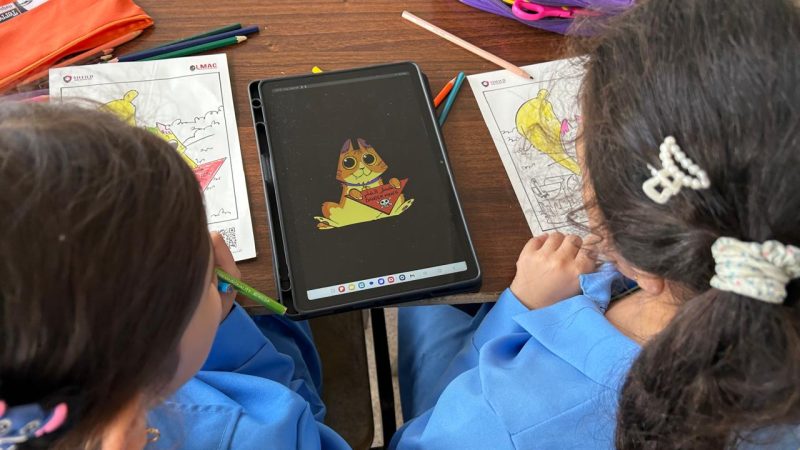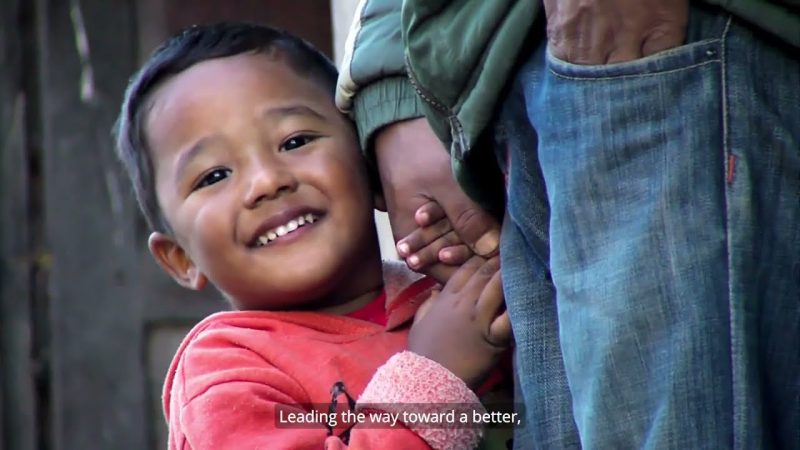Journalist Gives Voice to Caregiver Experience
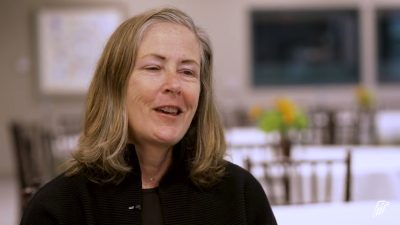
Fighting Trachoma One Grade at a Time
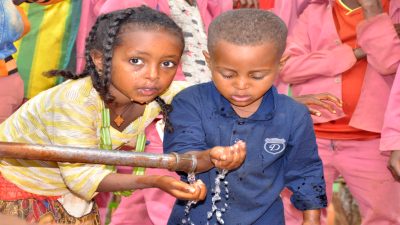
World NTD Day
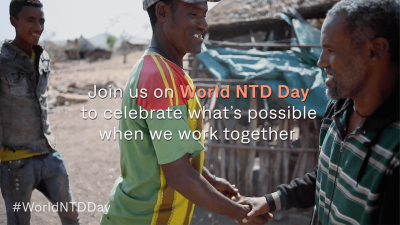
Meet the Cartoon Cat Keeping Children Safe in Conflict Zones
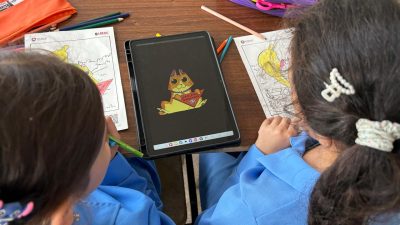
A Gift with a Personal Twist
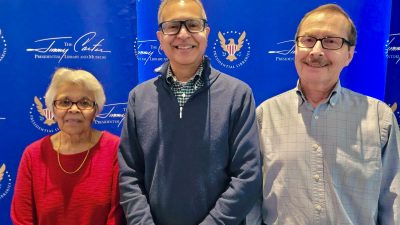
From Interns to Employees
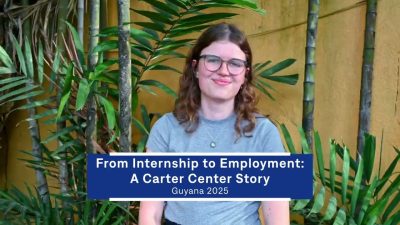
When Foreign Aid Disappeared, The Carter Center Stepped Up
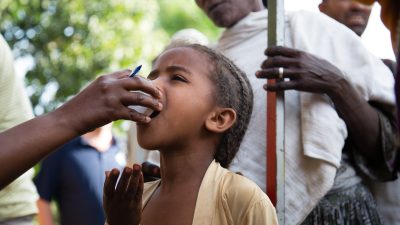
Thank You for Your Support in 2025
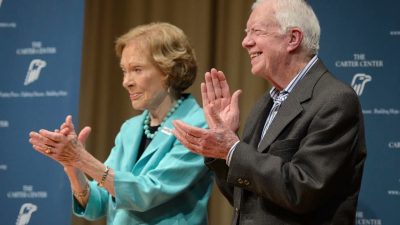
From the Frontlines in Africa
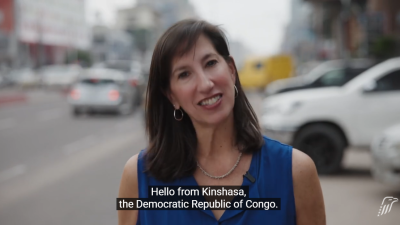
Guyana Rises: An Election Takes Place at a Pivotal Time
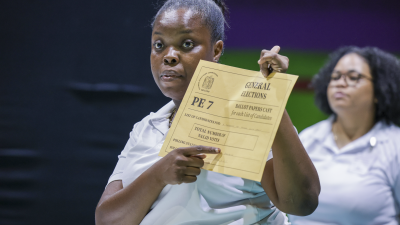
1 of 46
Global Impact Starts with You
Your support sustains the Carter Center's mission of waging peace, fighting disease, and building hope around the world.


